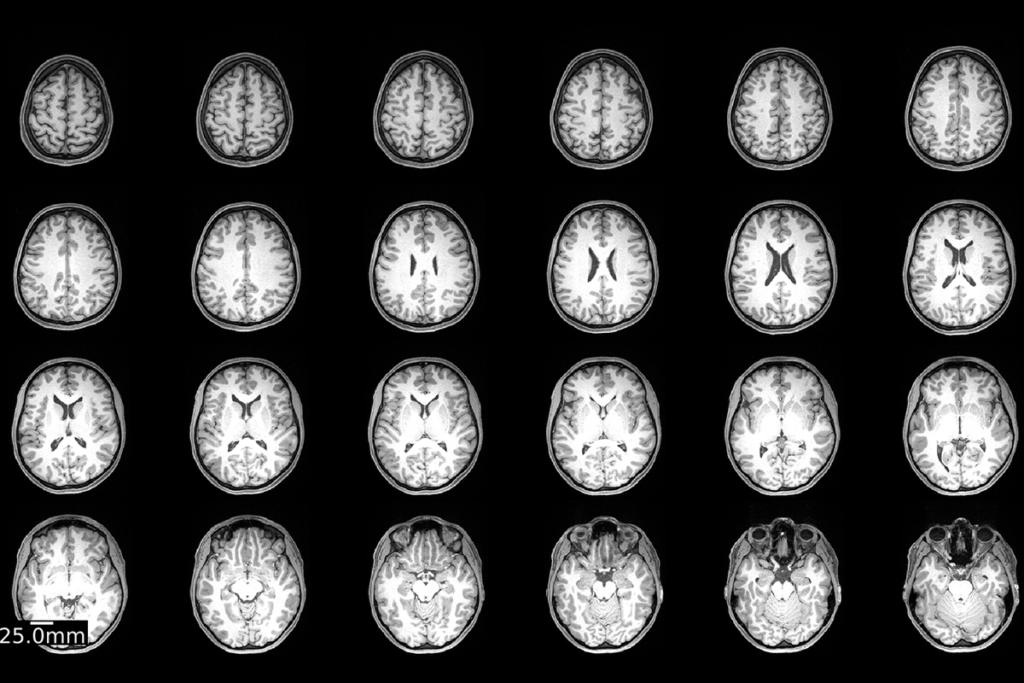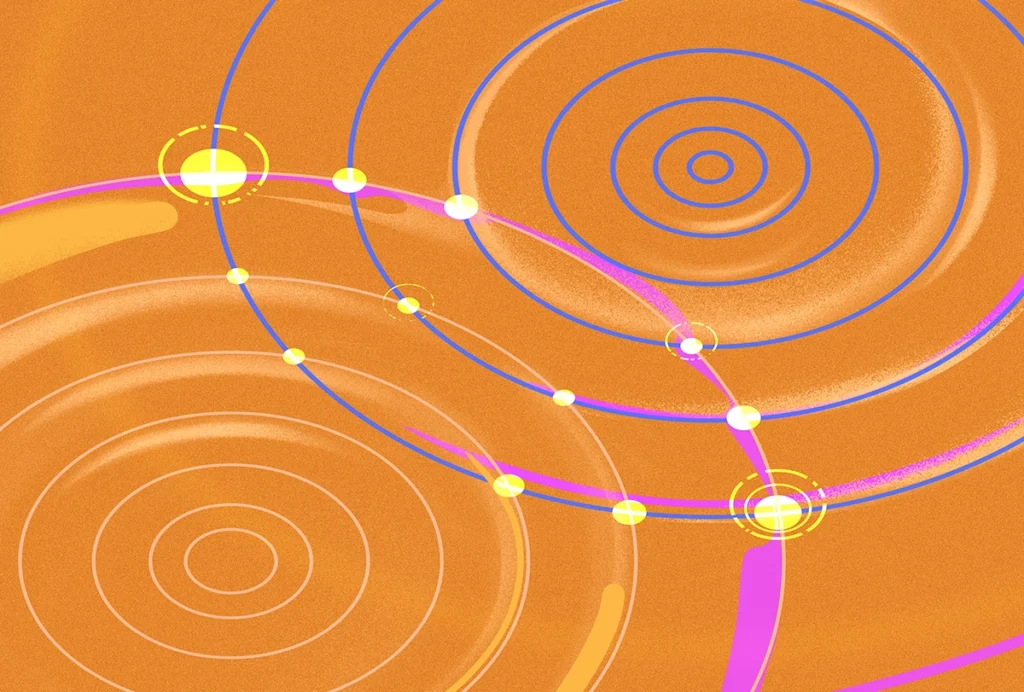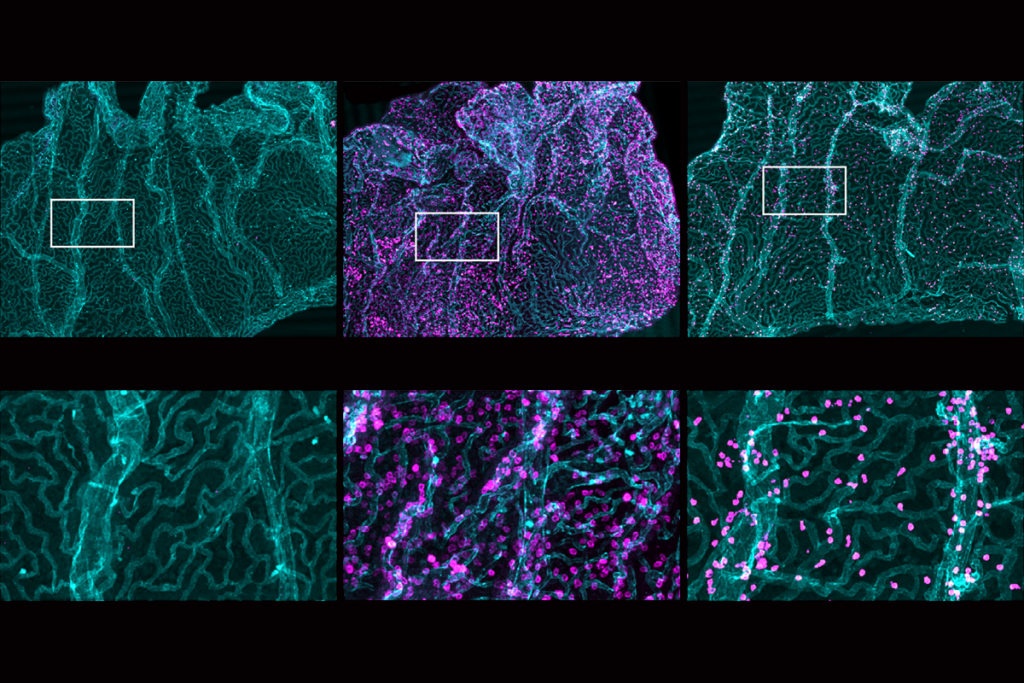Carina Heller is a postdoctoral research fellow at the University of Minnesota Twin Cities. Her research focuses on understanding the impact of sex steroids, including estradiol and progesterone, on the brain, particularly across the menstrual cycle and under hormonal suppression through oral contraceptive use in adolescents and adults. She employs dense-sampling methods and big-data approaches. Heller’s commitment to advancing women’s brain and mental health research is further reflected in her role as co-chair of the ENIGMA Neuroendocrinology working group, which launched in September 2023. This initiative aims to bridge gaps in neuroscience and psychiatry, where studies exploring the influence of sex and gender constitute only about 5 percent of the field.
Heller holds a B.Sc. in psychology from the University of Koblenz-Landau and an M.Sc. in psychology from Friedrich Schiller University Jena, where she also earned her Ph.D. in 2022. During her doctoral studies, she worked in the clinical psychology department and the psychiatry and psychotherapy department. She has also received training at the Psychiatry Neuroimaging Laboratory at Brigham and Women’s Hospital and Harvard Medical School, and as a visiting postdoctoral research fellow at the University of Oxford in the United Kingdom.



